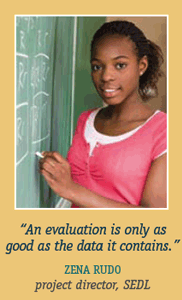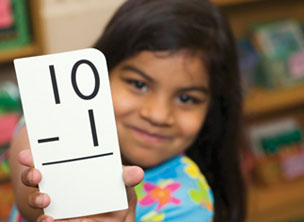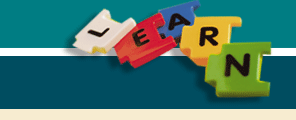Collecting "Good" Data for Your Evaluation
An afterschool leader’s job involves compiling attendance
records, parent surveys, behavior reports, report cards, and standardized
test scores. Although it might seem that you are simply amassing
paperwork with these records, you are actually engaged in the important
task of collecting data. “An evaluation is only as good as
the data it contains,” explains Zena Rudo, a project director
with SEDL who has performed
evaluations on afterschool programs for the National
Partnership for Quality Afterschool Learning.
What can you do to make sure you’re collecting “good,” or
meaningful, data? As the current school year comes to a close and
you begin to think about fall programming, it helps to remember that
the same adage that applies to planning an evaluation goes for collecting
the data: start early and get all of the players involved. “If
you’re supposed to collect data on parent contact and involvement,
you’re not going to be able to remember what happened at the
beginning of the semester or the school year. So, ask your staff
to make notes on parent attendance at afterschool events as well
as their own efforts to contact parents as they happen. Your numbers
will be much more accurate if you do it as it happens,” says
Rudo. She also recommends that program directors hold training sessions
so staff can make sure data collection instruments like attendance
forms, parent comment forms, and other records are completed correctly.
Learn more >>
|


|











